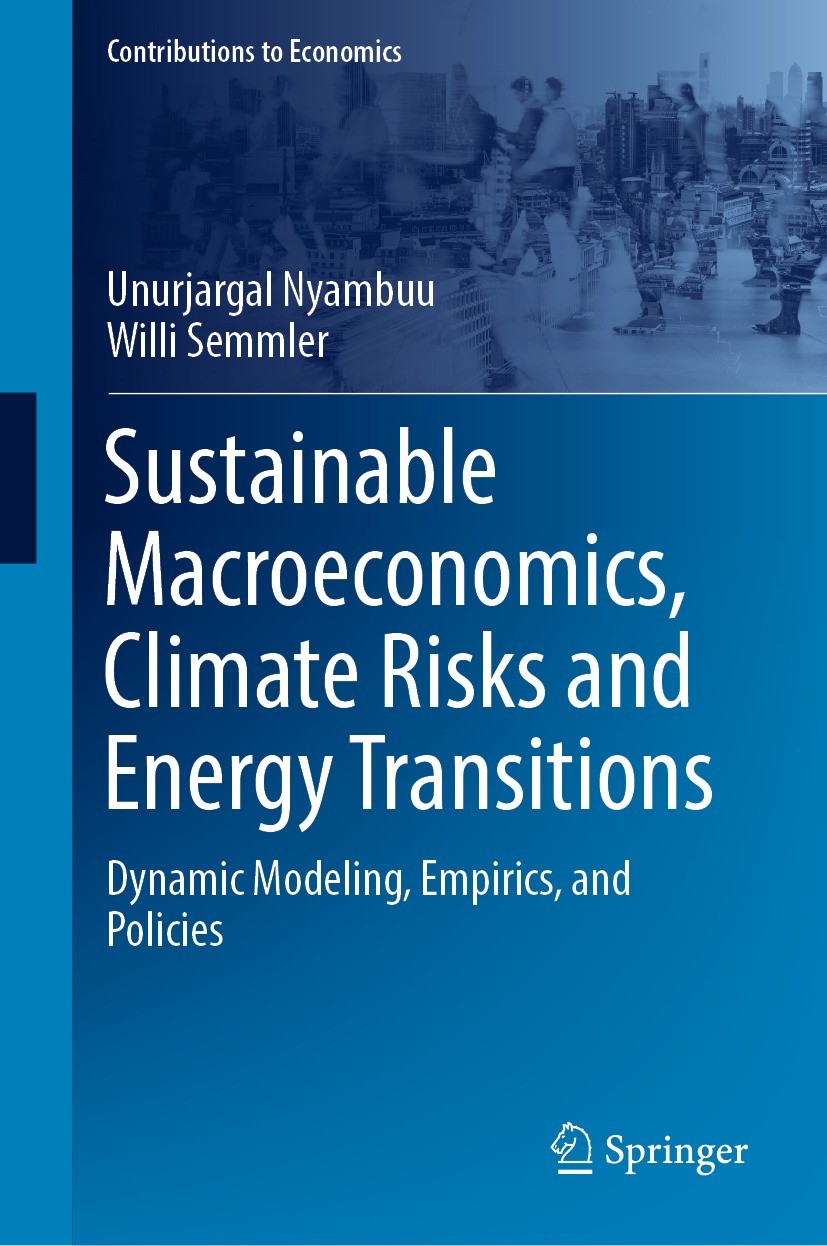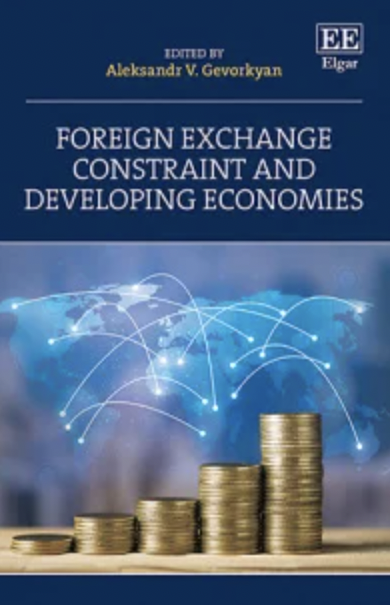From our Board Members
A window into the works and accomplishments of our remarkable Board of Trustees
A window into the works and accomplishments of our remarkable Board of Trustees
 Given the industrialized world’s historical dependence on fossil fuel-based energy resources and the now-realized perils of moving beyond the earth’s carbon budget, this book explores the myriad challenges of climate change and in reaching a low-carbon economy. Reconciling the medium-term competing, yet frequently complementary, needs for transition policies, the book provides guidelines for complex and often conflicting climate policy tasks.
Given the industrialized world’s historical dependence on fossil fuel-based energy resources and the now-realized perils of moving beyond the earth’s carbon budget, this book explores the myriad challenges of climate change and in reaching a low-carbon economy. Reconciling the medium-term competing, yet frequently complementary, needs for transition policies, the book provides guidelines for complex and often conflicting climate policy tasks.
 Foreign Exchange Constraint and Developing Economies addresses the complex nature of foreign exchange constraint for macroeconomic and social development. The book collects expertise and perspectives from a diverse set of contributions. Using a combination of innovative theoretical and empirical approaches, the book suggests several analytical frameworks to help advance academic research and policy work on foreign exchange and sustainable development.
Foreign Exchange Constraint and Developing Economies addresses the complex nature of foreign exchange constraint for macroeconomic and social development. The book collects expertise and perspectives from a diverse set of contributions. Using a combination of innovative theoretical and empirical approaches, the book suggests several analytical frameworks to help advance academic research and policy work on foreign exchange and sustainable development.
By Dr. Ibrahima Dramé and Alan Tonelson
INTRODUCTION
Although its economy and therefore budget situation have brightened faster than expected since the worst of the Covid 19 pandemic, and the new American Rescue Act will actually wipe out most of its short-term deficit, like most American states and cities, San Francisco’s fiscal challenges are far from over. Indeed, without major policy changes, the city can expect a future dominated by bad financial choices for controlling its chronic budget shortfalls: broad-brush growth-killing tax hikes, deep services cuts, or some combination of both. Just as important, the resulting vise will do little more than keep San Francisco running in place. Most hopes for addressing pressing unmet needs will be squeezed out…
Stay caught up with From our Board Members! Subscribe now and receive email updates of every new post.